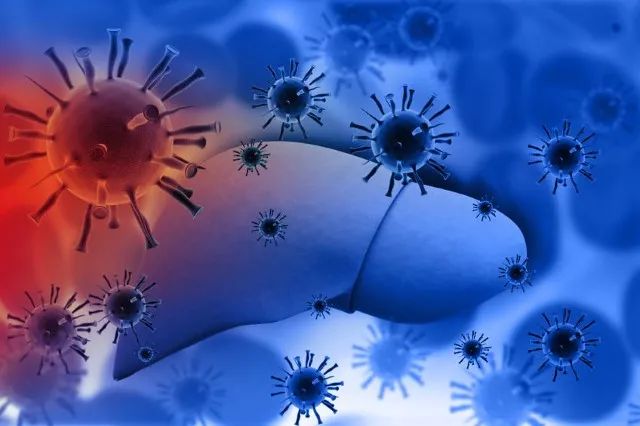On June 23, Xinghand Bio announced that the company first announced its targeting hepatitis B virus surface antigen (HBsAg) at the 57th European Association for the Study of the Liver (EASL) Annual Meeting and 2022 International Liver Congress (ILC 2022). The latest findings from a clinical trial of the TCR-T therapy SCG101 in patients with HBV-related hepatocellular carcinoma.
As the world’s leading medical association for liver disease research, EASL, the annual meeting of the International Liver Congress (ILC) is regarded as one of the most authoritative and influential international conferences in the field of global hepatology. The conference will attract more than tens of thousands of professionals and top hepatology research teams from more than 100 countries around the world every year. This year, the ILC accepted a total of 1,993 research abstracts from around the world, and Xinghand Bio announced its SCG101 clinical research data at the meeting.
SCG101 is a TCR-T cell therapy drug targeting HBsAg developed by Xinghand Biotech. It has previously received clinical trial approvals from the National Medical Products Administration of China (NMPA) and the Singapore Medical Products Administration (HSA), and is conducting Phase 1 clinical trials.
According to the announcement, SCG101 is a T cell receptor cell therapy (TCR-T) drug developed by StarHand Biosciences that targets hepatitis B virus surface antigen (HBsAg). Its study showed that in 3 patients with advanced hepatitis B virus-related liver cancer who were HLA-A*02:01 positive and who had received at least two rounds of anti-tumor therapy, significant shrinkage of the lesions was observed, and the disease control rate reached 66%. Within 28 days after SCG101 treatment, serum HBsAg decreased by >1.7 log10 IU/mL in both subjects, with a rapid and significant decrease from baseline of 1004.3 IU/mL and 521.6 IU/mL to 23.8 IU/mL and 9.1 IU/mL, It further decreased to 14.0 IU/mL and 0.3 IU/mL 60 days after treatment. The study results showed that the safety profile of SCG101 was consistent with known mechanisms, with no neurotoxicity observed, and no treatment-related AEs or SAEs leading to discontinuation.
As the inventor of SCG101, Professor Ulrike Protzer, the scientific founder of Xinghand Bio, is very pleased to say that this is a major milestone in the field of TCR-T cell therapy in the field of virus-related solid tumors, and it is the world’s first targeted HBsAg cell therapy. Clinical proof-of-concept. This clinical study has carried out a very positive and meaningful exploration in the field of innovative immunotherapy for liver cancer, showing preliminary antiviral and antitumor activities, which is undoubtedly an exciting thing for the majority of liver cancer patients.









